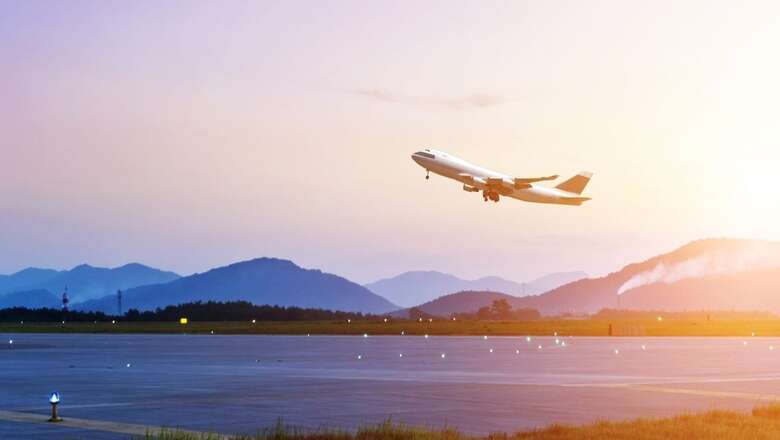
views
In a significant stride towards promoting inclusivity and prioritizing employee comfort, several prominent airlines have recently implemented progressive dress code policies. Qantas, Akasa Air, British Airways, and Air New Zealand have emerged as trailblazers in this movement, reshaping traditional notions of gender norms and embracing individuality within their cabin crew uniforms. These airlines recognise and respond to the evolving needs and expectations of their diverse workforce and passengers. By championing diversity and inclusivity in their dress code policies, these airlines create an environment that fosters a sense of belonging and empowers their employees to express their authentic selves.
Qantas, the renowned Australian airline, has recently introduced groundbreaking changes to its dress code policies, challenging traditional stereotypes and promoting equality among its employees. The airline has taken a progressive step by allowing male employees the option to wear makeup and keep long hair, breaking away from rigid gender expectations. Simultaneously, female employees now have the freedom to choose whether to wear makeup, opt for flat shoes, and have long hair, as long as it is neatly styled in a ponytail or bun.
Similarly, Akasa Air, an Indian airline, has taken a significant step towards prioritizing the comfort of its cabin crew. One notable change implemented by the airline is allowing its crew to wear sneakers instead of traditional heels. This decision recognises the physically demanding nature of the job and acknowledges the need for crew members to perform their duties without unnecessary discomfort.
Whereas, British Airways also made headlines with its first uniform change in two decades. The new uniforms introduced jumpsuits and hijabs as part of the options available to its crew members. This change celebrates diversity and provides employees with choices that align with their cultural and personal preferences.
Virgin Atlantic Airlines has also taken a significant step towards inclusivity. The airline’s gender identity policy allows its staff members to choose between stylish red and burgundy uniforms, designed by Vivienne Westwood, that best represent their gender identity and expression. In 2019, the airline made make-up optional for its employees and introduced the choice of wearing trousers and flat shoes, providing greater comfort and flexibility. The airline also lifted the ban on visible tattoos for both crew members and front-line employees.
Air New Zealand set a precedent back in 2019 by lifting the ban on visible tattoos for its staff. This decision allowed employees to express their cultural heritage and personal identity through body art. By breaking away from traditional notions of professionalism, Air New Zealand promotes individuality and cultural diversity within its workforce.
The airline industry’s embrace of progressive dress code policies marks a positive step towards comfort. By challenging traditional norms and prioritizing their employee’s well-being, these airlines are setting an example for the industry.




















Comments
0 comment